By Chinwendu Obienyi
In an effort to scale Nigeria’s creative industries, Woodhall Capital, in partnership with Polaris Bank, the Lagos State Government, and the UK Government, has launched a N1.5 billion Creative Sector Fund. The fund is designed to provide structured financing to creative entrepreneurs in fashion, film, music, and digital content, sectors often overlooked by traditional finance.
Unveiled during the launch of the Creative Currency Podcast, the fund aims to bridge the long-standing financing gap faced by creatives while also addressing broader systemic issues such as weak intellectual property enforcement and a lack of scalable business infrastructure. The podcast itself will double as a media and policy engagement platform, connecting creatives with financiers, legal experts, policymakers, and global partners.
At the heart of the initiative is a shared belief that the creative economy is not just culturally powerful—but economically viable. Polaris Bank’s Executive Director, Abimbola Ozomah, who participated in a panel discussion at the event held at the Ikoyi residence of the British Deputy High Commissioner, described the fund as a “long-overdue response to the structural exclusion of creatives from formal financing systems.”
“This fund represents more than capital,” Ozomah said. “It reflects our belief in Nigerian creativity as a global force. We’re not just exporting talent. We’re exporting ownership, structure, and long-term value.”
This latest effort builds on Polaris Bank’s earlier partnership with the Lagos State Employment Trust Fund (LSETF) in 2022, which delivered N1 billion in funding to support artisans and MSMEs across the state. That initiative was aimed at creating wealth and fostering economic inclusion through targeted support for small businesses operating for at least one year.
For Mojisola Hunponu-Wusu, Founder and CEO of Woodhall Capital, the fund marks a turning point in how Nigeria’s financial sector must interact with creatives. She stressed the need to redefine outdated risk models and promised to deliver bespoke financial solutions, advisory services, and investor matchmaking tailored to the creative sector. “This is about building serious financial infrastructure for an industry that has been underestimated for far too long,” she said.
Representing the UK Government, British Deputy High Commissioner Jonny Baxter highlighted the significance of the UK-Nigeria Creative Industries Partnership signed in 2024. He described the new fund as a “blueprint for global creative cooperation,” reflecting the UK’s continued commitment to unlocking trade and investment opportunities within Nigeria’s booming creative landscape.
The Lagos State Government also reaffirmed its ambition to position Lagos as Africa’s undisputed creative capital. Mrs. Folashade Ambrose-Medebem, Commissioner for Commerce, Cooperatives, Trade and Investment, who represented Governor Babajide Sanwo-Olu, outlined the state’s efforts to support the sector through zero-interest loans of up to N10 million via the Lagos Creative Fund, progressive policy reform, and the development of enabling infrastructure.
The Creative Currency Podcast—launched alongside the fund—was hailed as a crucial tool for reshaping conversations around creative entrepreneurship in Nigeria. Panelists at the event stressed the need for stronger professional structures, urging creatives to formalize their operations, track their finances, and protect their intellectual property as a means of attracting serious investment.
As discussions progressed, one key message rang clear: financial institutions must evolve. The creative sector, with its intangible assets and non-linear revenue models, requires a fresh approach—one that prioritizes potential, not just predictability.
The event ended with a powerful call to action: invest in systems, not just stories. Stakeholders agreed that a well-funded, better-structured creative economy holds the key to job creation, increased exports, and global influence for Nigeria.



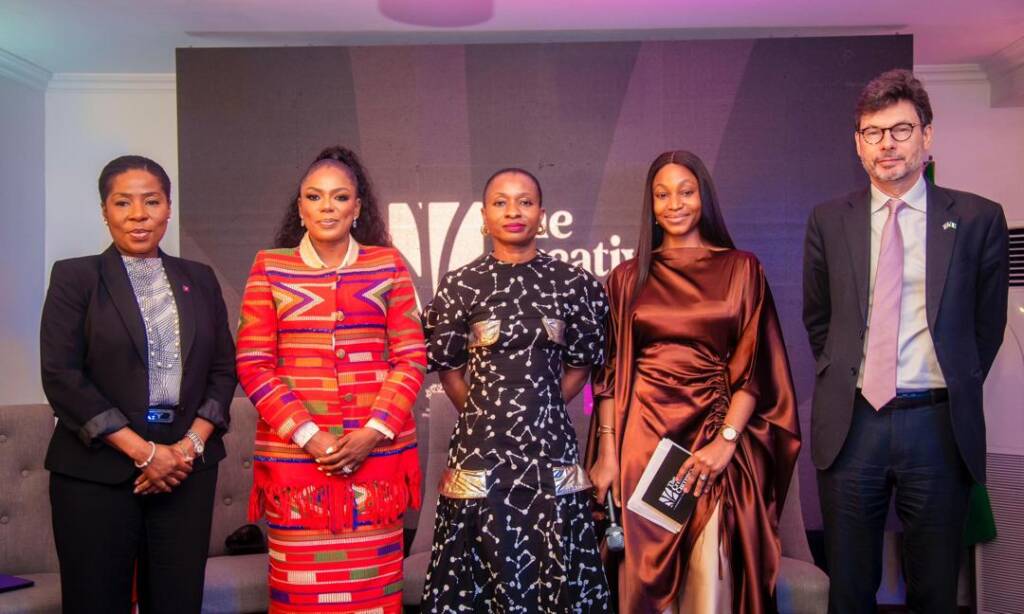
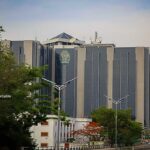

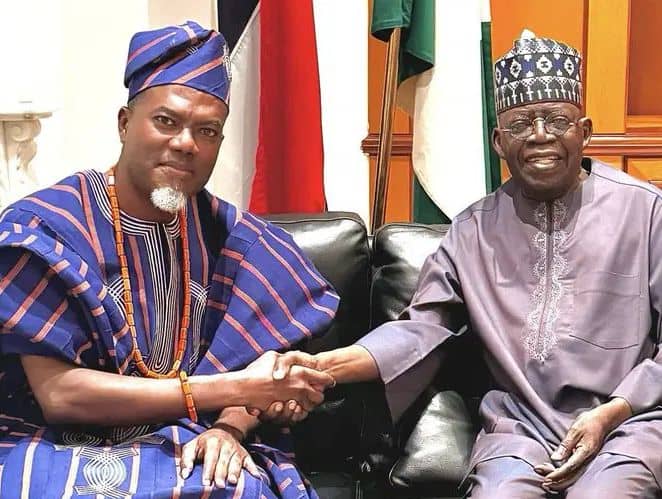

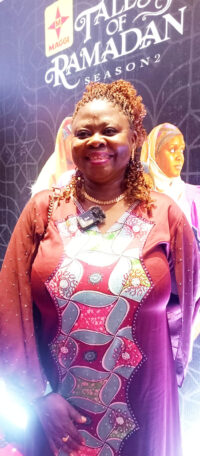
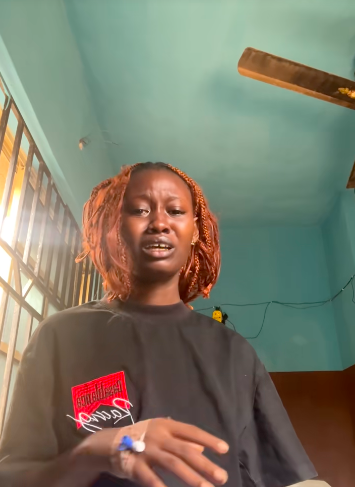

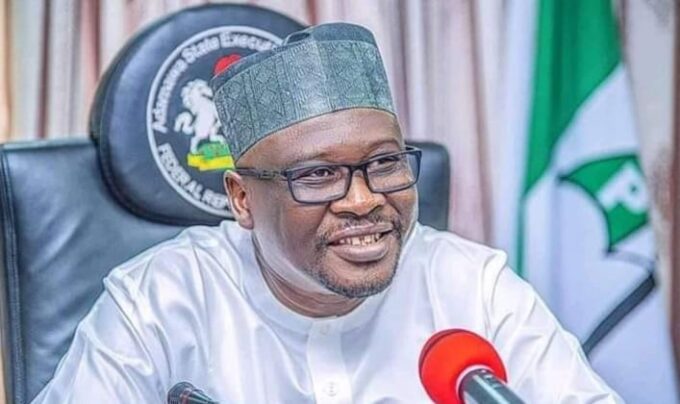
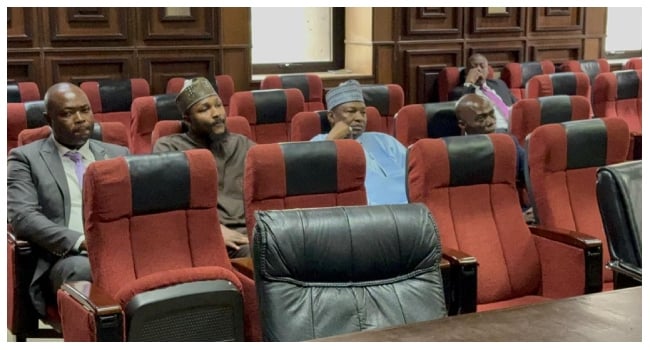



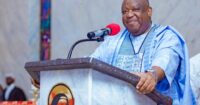
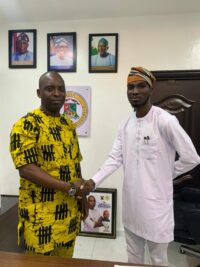
Leave a comment